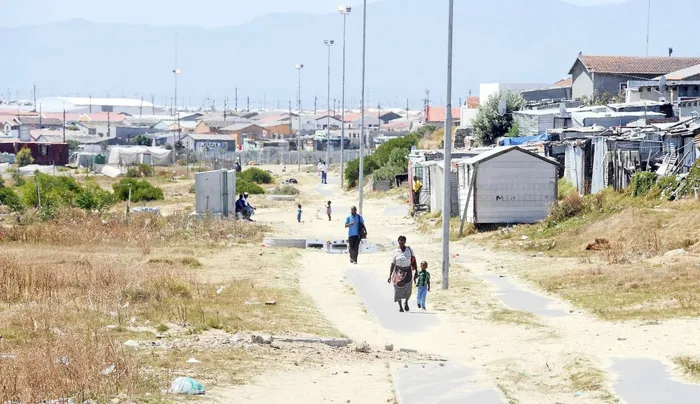Khayelitsha still a hotspot

Harare, Khayelitsha. Picture: Cindy Waxa Harare, Khayelitsha. Picture: Cindy Waxa
This comes three years into the implementation of the recommendations of the commission of inquiry.
Earlier this week, Western Cape Premier Helen Zille’s office stated that steady progress was being made with implementing the recommendations of the report.
Zille established the commission in 2012 to probe police inefficiency in the township after a breakdown between communities and the police.
Khayelitsha’s three police stations were plagued by high rates of crime and vigilante killings and under-resourcing.
Earlier this year, SAPS management acknowledged that the province was worst affected by under staffing at police stations, with a shortage of 1 346 officials since 2013.
Khayelitsha has the highest number of police per population, with Harare standing at over 800 people for one officer.
In 2014, the commission, headed by retired Judge Kate O’Regan and advocate Vusi Pikoli, submitted 20 recommendations to be effected.
Zille’s spokesman, Michael Mpofu, said a task team was formed in 2015 to facilitate this process and progress was being made. The appointment of more detectives saw in a decrease of case backlogs and a reduction of case loads per officer. Included was the filling of management posts at all three stations and the roll-out of a Neighbourhood Watch Strategy to accredited groups that patrolled high-risk areas.
Some residents, however, said they remained concerned about response times and crime prevention.
Harare’s community policing forum chairperson, Ronnie Busakwe, said: “We have seen more vans being made available to stations and visibility increasing but... Harare services too many areas with little resources. Policing in informal settlements is a challenge because they are so dense that a van cannot get close enough; officers park the car on the main road and walk in. When they return, the van has been broken into.
“We need communities to work together with SAPS.”
The Social Justice Coalition, which advocated for the commission, said they disagreed that steady progress was being made.